As winter comes, snow falls and frost creeps over the landscape, icing over our roads. This snow and slush pose a danger to drivers, pedestrians, and anyone trying to get from one place to another. Despite the icy road conditions, desperate drivers won’t take their foot off the gas. To keep traffic moving, cities and civilians alike have resorted to sprinkling a bit of flavor on their streets.
Road salting is the process of using salt against the reformation of ice on roads. It’s not quite the salt we have on our tables, however, and this salty solution has its downsides—road salt is less purified and more likely to contain chemicals such as Yellow Prussiate of Soda, which can be harmful to humans and animals. The United States’ salting practices are not sustainable, as they pollute American waterways, causing long-term damage to many ecosystems. The U.S. uses 15 to 32 metric tons of salt per winter in an attempt to keep the roads safe and ice-free. Scientists have been able to identify the problem by tracking the salinity levels in various bodies of water, such as streams, oceans, and even our drinking water.
Instead of using salt, we can consider anti-icing, which involves using a brine mixture of salt and water before snow falls on the roads. We could also explore unconventional options such as pig urine, the chemicals that break down ice in an environmentally friendly way. If using salt is unavoidable, however, we can consider pre-wetting our roads, which can reduce salt infiltration into aquifers by 5%. We can also calibrate our equipment to ensure we aren’t using more salt than is absolutely necessary, and on an individual level, we can reuse the salt we put down on our driveways. By working individually and with our governments, we can reduce the detrimental effects of road salt on our precious environment, creating a safer and healthier world for all.

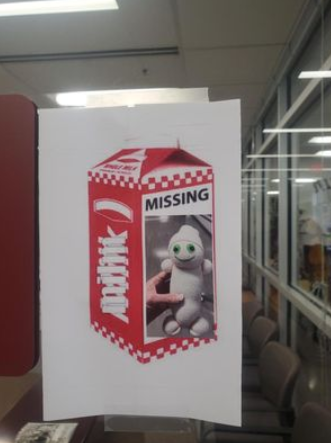





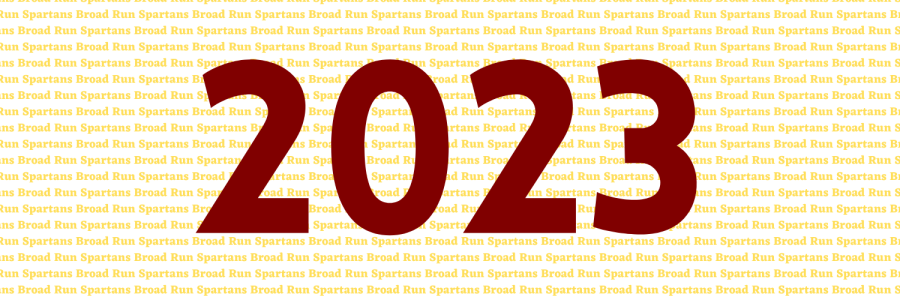





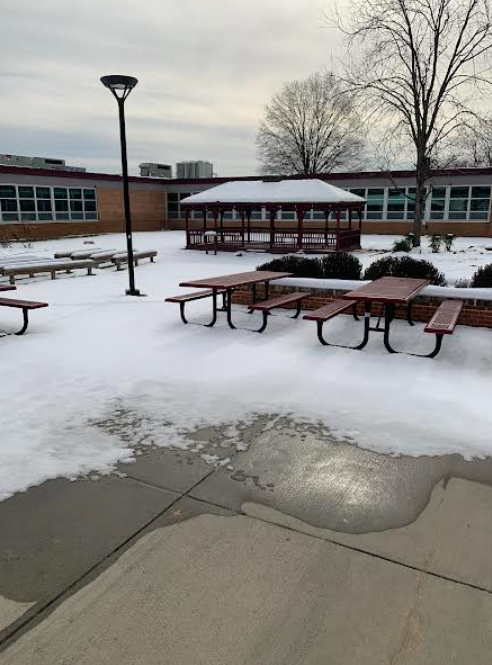
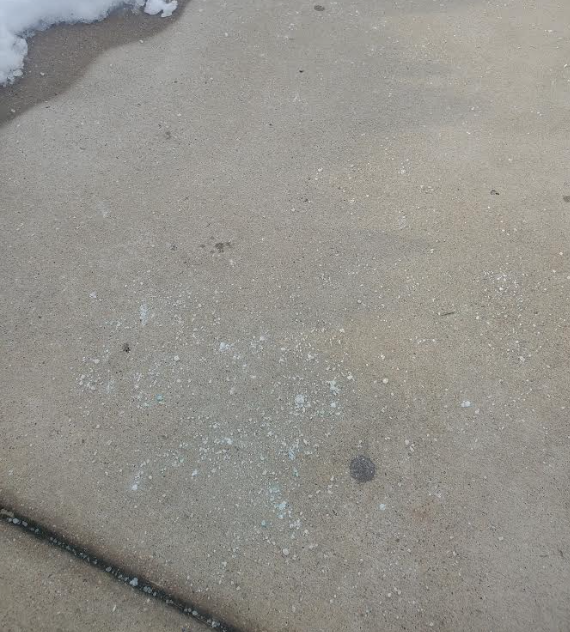
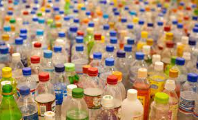




Ms. Dunn • Jan 29, 2024 at 11:54 am
Great job showing the importance of being salt-smart and sharing alternative solutions!